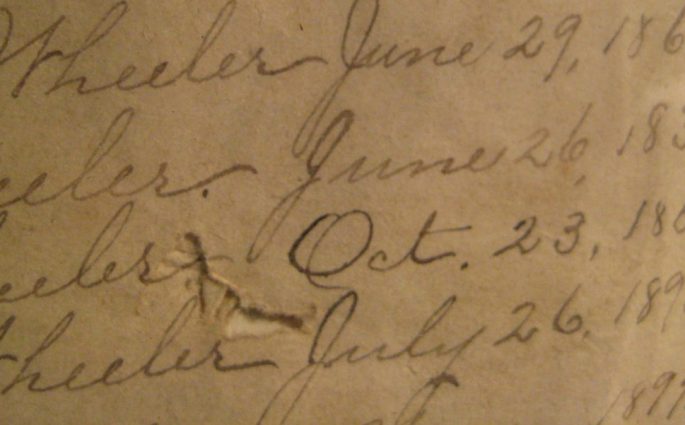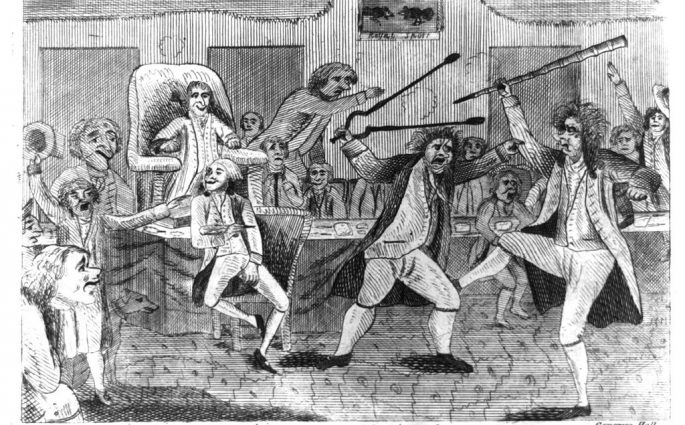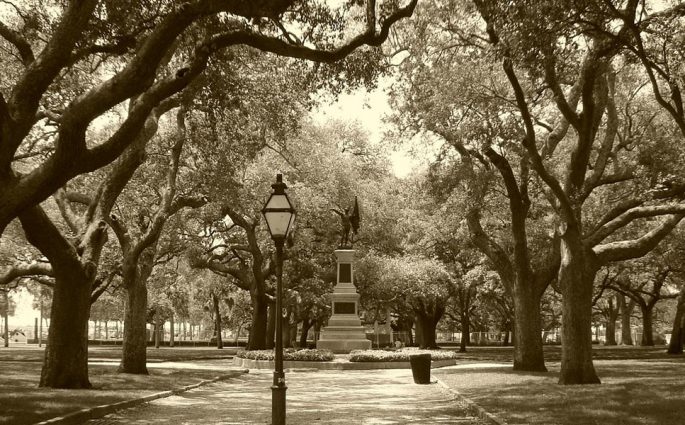Race, Land, and Migration after the Civil War
Kendra Taira Field— When Thomas Jefferson Brown finally decided to make his home in Indian Territory in 1870, he had been there many times before. For months he had been going in on day trips from Arkansas, his grandson mused more than a century later, learning the Muskogean languages and




